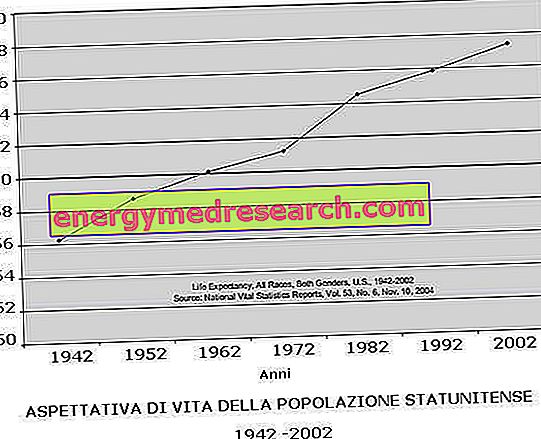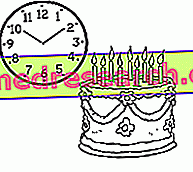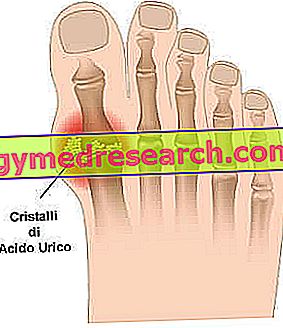Introduction In recent years we have witnessed a remarkable development of the sciences applied to human aging. Thanks to the progress made in the medical, economic and social fields, the third age, once perceived as a period of disability and physical decay, has for many become a phase of continued productivity, independence and good health
Category health of the elderly
The hands are revealing the actual age of a person, as well as the neck and face. Over the years, in fact, the skin begins to age, tends to become dry and appears less tense, marked by a network of wrinkles. The thinnest and most delicate skin is, in particular, that of the back, which dehydrates more easily than those of the palms and tends to lose the natural layer of subcutaneous fat that makes the hands soft and "full"
It looks like synthetic creatine is much more than just a dietary supplement for athletes. The search for muscularity is not in fact the only use of this molecule, on the contrary; if for athletes and bodybuilders it represents a need of secondary importance, therefore extraneous to any health need, for the elderly it is the opposite
Definition and age groups We can define the age of an individual as the time elapsed since his birth. During this time the natural process of growth, maturation and involution of various human qualities and abilities is accomplished. In this regard, the life cycle is divided into various age groups: Newborn up to 28 days of life suckling from 4 weeks per year of life Early childhood: from 1 to 24 months of life Second childhood from 2 to 6 years Third childhood (childhood, school age) from 6 years up to the beginning of puberty Puberty and Adolescence from the appearance of sexual characters up
Generality Gout is a disorder of purine metabolism, characterized by: Elevated serum urate levels ( hyperuricemia ); Formation of uric acid deposits in various locations ( tophi ); Acute articular inflammatory attacks ( monoarticular arthritis ), with deposits of urates in the cartilages; Kidney disease ( gouty nephropathy ): Well known since ancient times and described by Hippocrates, Celsus and Galen, gout now affects about 0
Introduction In recent years we have witnessed a remarkable development of the sciences applied to human aging. Thanks to the progress made in the medical, economic and social fields, the third age, once perceived as a period of disability and physical decay, has for many become a phase of continued productivity, independence and good health
Edited by Fabio Grossi In the past it was said that "old age itself was a disease": fitness can be the right solution to refute this common place. "Aging is a privilege and a goal of society. But it is also a challenge, which will have an impact on all aspects of 21st century society." This is one of the messages proposed by the WHO ( WHO, 2005 ) on the subject of the health of the elderly, a topic that is increasingly important in a society, ours, which is experiencing a kind of demographic revolution: in fact, in 2000, in the world there were about 550/600 million people o
Generality Sarcopenia is the progressive decline of mass and muscle strength due to the aging of the human body. An inevitable process, sarcopenia begins around 40-50 years, with a rhythm that from slow in the first 10 years or so becomes urgent from the age of 60. By determining muscle atrophy and compromising the quality of muscle tissue, sarcopenia is responsible for symptoms such as: a constant sense of weakness, loss of endurance, poor balance, slow gait and difficulty in performing the most normal daily activities (eg climbing stairs)







